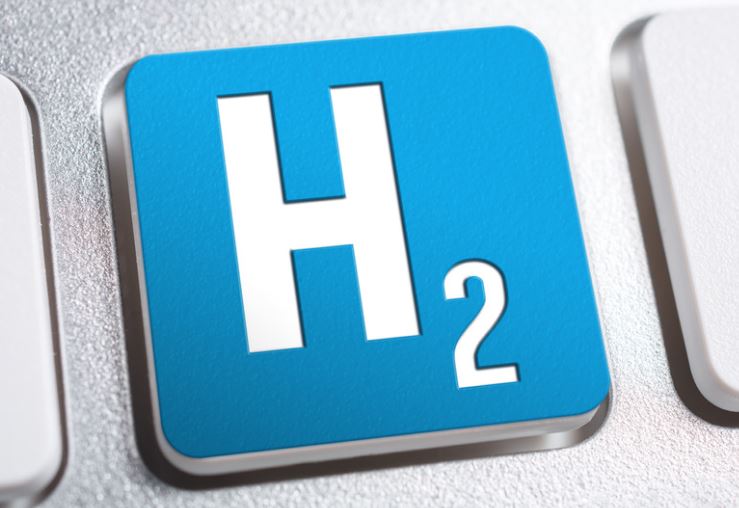The GreenLink Münsterland project, spearheaded by a consortium of municipal energy companies—Emergy, Gelsenwasser, Stadtwerke Münster, and Trianel—aims to develop a 50 MW electrolyzer in the Coesfeld area, North Rhine-Westphalia.
The goal is to produce green hydrogen from predominantly regional renewable electricity and integrate it into the hydrogen core network. Scheduled for implementation by 2028, the project is underpinned by a memorandum of understanding (MoU) that outlines the cooperation among the partners.
The project intends to leverage local renewable energy sources for hydrogen production. This approach aligns with the broader objective of reducing carbon emissions and enhancing energy sustainability. However, the success of this initiative hinges on the region’s ability to consistently supply sufficient green electricity. While Münsterland is noted for its renewable energy potential, the actual capacity to meet the electrolyzer’s requirements over the long term remains a critical question.
Integrating the produced hydrogen into the existing core network is a strategic move. Yet, this integration poses significant technical and logistical challenges. The current hydrogen infrastructure’s capability to accommodate additional inputs must be assessed. Moreover, ensuring that the network expansion aligns with overall energy transition goals is crucial for the project’s success.
Ron Keßeler of Emergy highlights the project’s potential to capitalize on regional renewable resources. While this is a promising aspect, the effectiveness of Emergy’s contribution will be determined by its previous track record in similar projects and its ability to address the specific challenges of the GreenLink Münsterland initiative.
Sebastian Jurczyk emphasizes Stadtwerke Münster’s expertise in network transformation. This knowledge is valuable, but the real test will be its application to the project’s unique requirements. Effective integration of new infrastructure with existing systems will be a key factor in determining the project’s success.
Trianel’s involvement, including its experience with the Hamm Hydrogen Center, is noteworthy. Sven Becker’s emphasis on cooperation with local municipal companies underscores the importance of local expertise. However, leveraging past experiences in new contexts often requires adaptations to address project-specific issues.
The GreenLink Münsterland project will require substantial funding and investment. The feasibility study will need to explore various funding options, including potential public and private sector contributions. The ability to secure financial support and manage investments effectively will be crucial for the project’s success.
Identifying suitable locations and overcoming implementation hurdles are critical next steps. The project’s success will depend on addressing these logistical aspects efficiently and ensuring that all components of the project align with the overall objectives.
